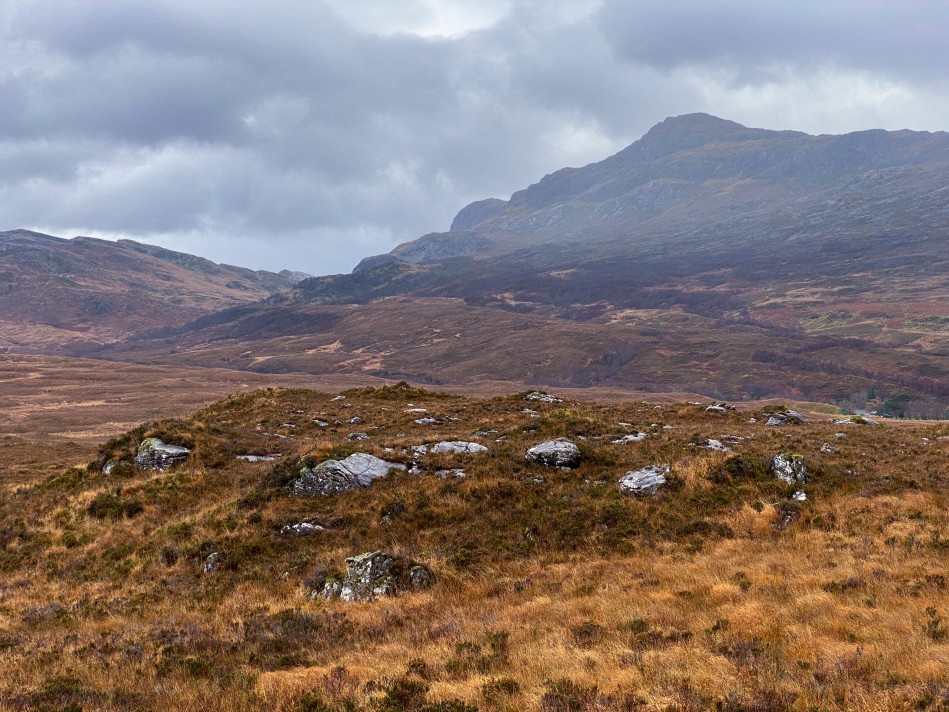The forests and peatlands they'll create on these new estates can capture carbon.
As concern about the climate crisis gathers pace, there are an increasing number of conversations going on about how much consumption we all do, and how we should probably do a lot less of it. Yet it would be wrong to say there is no value to creating and buying stuff. Take the most stereotypical of British pleasures; beer. A pint from your local comes with a carbon footprint of about 500g of CO2 (plus some health risks if overindulged in). But beer consumption also creates employment, and puts money into government tax coffers. It has made some people rich and many more people happy. That’s why most people, including those pushing for a much more sustainable world, don’t want beer to disappear entirely.
Brewdog, which reckons it's the largest craft beer company in Europe, has a proposed solution to the problem: offsetting its carbon emissions. Basically, the firm has said that whatever CO2 it creates making its beers it will suck the equivalent amount back out of the atmosphere by planting a bunch of trees and/or creating a load of peatland. (Both things absorb and store the greenhouse gas.) To achieve this end, it has bought up a bunch of land in Scotland. It’s not the only company doing this, incidentally. Such schemes have become popular in recent years as companies try to burnish their green credentials to keep their ever-more environmentally-conscious customers and investors happy.
Thing is, some Scottish locals are very unhappy with this state of affairs. Land is a limited resource, and all the increased interest in buying it has pushed up prices. There’s resentment about deep-pocketed companies outbidding and taking ownership of land that many feel should belong to the people who grew up near it. There is also the question of jobs - when land is turned from farming or hunting estates in carbon-capturing forests and peatlands, the need for farmers and groundskeepers and the like disappears. Brewdog was widely criticised for firing the two people who had previously worked on its estate (it responded that it had hired three new people instead).
It’s a tricky situation. Large company landowners may feel elitist to locals, but they are also significantly more likely than small, family-based ones to have the resources needed to make these sites into effective carbon-capturing areas. The trend may also result in Scottish land being used more effectively. Among other factors, Scotland’s climate makes it a tough terrain for farming; the average farm makes just £25,800 a year. Moreover, the carbon-capturing companies’ plans to rewild lands to make them look more like they did in ancient times could also help along British wildlife regeneration, plus create economic and wellbeing benefits in terms of tourism and leisure activities.
But even if the number of people who gain something from such plans outweigh the number of people harmed, some people are questioning whether companies couldn’t do more to address the locals’ concerns around power and fairness. Companies like Brewdog could, for example, partner with local communities and entrust to them the work of turning the land into carbon sinks.
Read our explainer on: the environment and the economy

